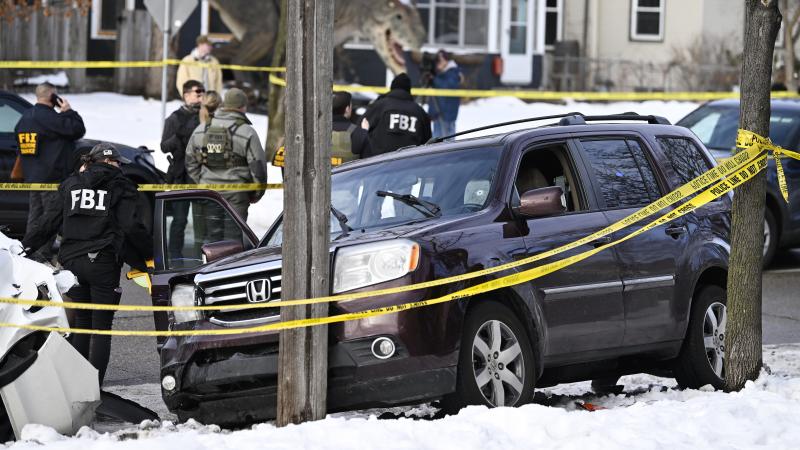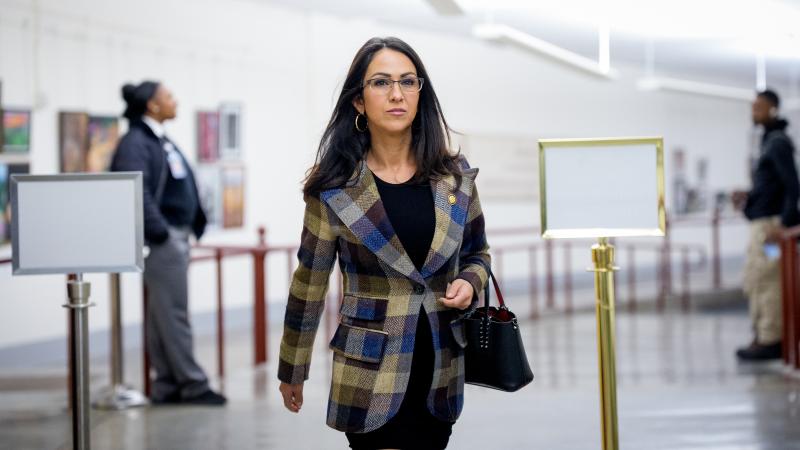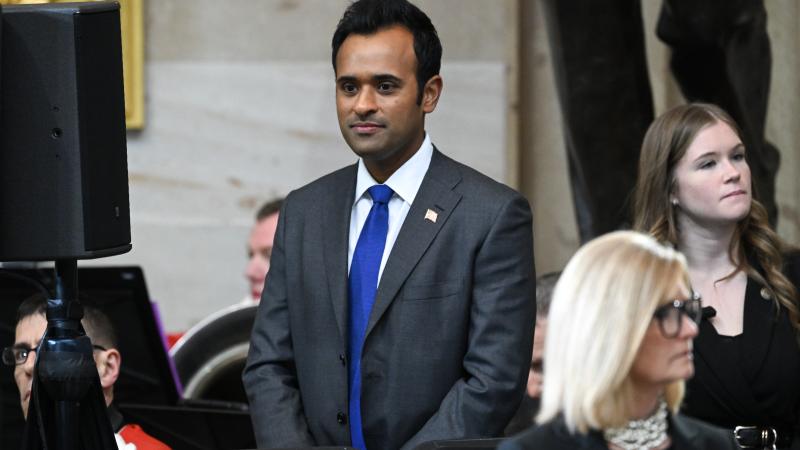Indiana attorney general vows to defend bill banning biological males from girls' sports teams
Legislation declares a male, defined as “a student’s biological sex at birth in accordance with the student’s genetics and reproductive biology,” cannot be a member of a girls’ sports team at a public school in Indiana.
Indiana Attorney General Todd Rokita's office is vowing to defend legislation that would prohibit biological males from playing on girls’ school sports teams, saying it is constitutional.
House Bill 1041 was the subject of a hearing before the Senate Education Committee this week. It says a male, defined as “a student’s biological sex at birth in accordance with the student’s genetics and reproductive biology,” cannot be a member of a girls’ sports team at a public school in Indiana.
It was authored by Rep. Michelle Davis, R-Greenwood, a former college basketball player at Ball State University, and passed the House on Jan. 27, 66-30.
Colleges and universities were originally included, but the bill was amended in the House to apply only to K-12 schools – regular public schools and also charter schools.
Corrine Youngs, policy director and legislative counsel to Rokita, testified in support of the bill Wednesday, but said Rokita would like to see colleges and universities put back in.
She said the bill as it’s written is compatible with Title IX, the federal law that prohibits discrimination based on sex at any school that receives federal money. In Title IX, Youngs said, “sex” has the meaning of binary sex – either male or female.
“Policies that don’t comply with Title IX risk legal challenges and a loss of federal funding,” she said.
She said Rokita’s office sees the bill as a way of protecting the gains women have made in athletics.
“After the amazing progress made for women, we cannot afford to go backwards,” she told the senators.
She was asked by Sen. Fady Qaddoura, D-Indianapolis, whether she was concerned the bill would “create RFRA 2.0” in Indiana, a reference to the fight over the Religious Freedom Restoration Act under former Gov. Mike Pence.
Youngs didn’t comment on RFRA, saying only; “The bill is constitutional and if it’s challenged, we will defend it in court.”
A representative of the ACLU testified the group would file a suit to try to stop the law from taking effect, saying “We’ll fight the bill every step of the way.”
Last year, Rokita joined a multistate lawsuit, suing the Biden administration over its new and what he called “unlawful” interpretation of federal antidiscrimination laws, including in a way that applies to female athletics.
“Forcing girls to compete against biological males for spots on women’s sports teams robs them of opportunities to participate in athletics,” he said at the time the suit was announced in late August.
In the suit, the states asked the court to declare the EEOC and U.S. Department of Education guidance to be invalid and unlawful.
The hearing on HB 1041 included testimony from dozens of people, many of whom had filed into the Senate chamber wearing rainbow masks.
The Indiana State Teacher’s Association spoke in opposition, saying most transgender kids don’t play at an elite level. “They just want to participate in sports and play every day with their peers,” said ISTA lobbyist Gail Zeheralis.
The president of the Indiana PTA also spoke in opposition to the bill.
A father, Jay Hart, testified with his daughter by his side, telling senators he supports the bill, and they should too, if they care about women’s rights.
“Right now is your chance to show that you are a champion for women,” he said.
A representative from the national group Alliance Defending Freedom also spoke, urging the Senate education committee to amend the bill to again make it cover colleges and universities.
“It is vital to have protections across the board,” he said, asking how they can tell an 18-year-old girl that they helped her in high school, but in college she’ll have to compete against biological males.
The Senate sponsor of HB 1041 is Sen. Linda Rogers, R-Granger. All bills must pass out of committee in the next three weeks in order to be acted on by the Senate before the end of the 2022 legislative session.















